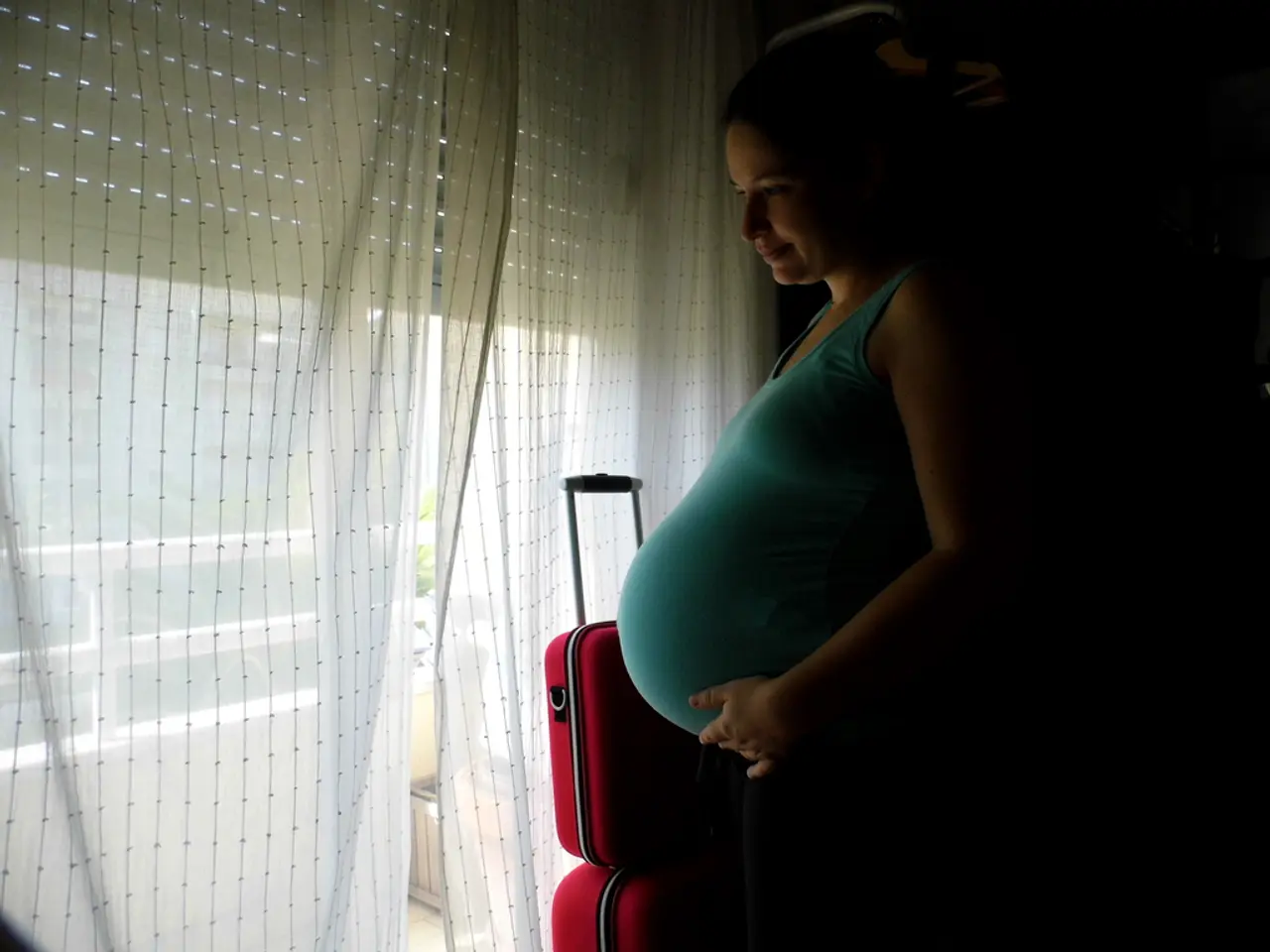Medical professionals from an OB/GYN group advocate against cannabis consumption during pregnancy, advocating instead for universal screening practices.
The American College of Obstetricians and Gynecologists (ACOG) has released new guidance advising against the use of cannabis during pregnancy and lactation. The goal of this guidance is to help healthcare providers risk-reduce pregnancy, supporting a healthier version, while acknowledging various conditions and environmental factors that can influence fetal growth and development.
The guidance recommends that healthcare providers ask patients about cannabis use before, during, and after pregnancy. Many people may not be aware that cannabis can affect a pregnancy, and doctors can ask permission to discuss the topic. Exposure to THC, the main psychoactive component of cannabis, is associated with risks of adverse outcomes, including low birth weight, admission to the neonatal intensive care unit, perinatal mortality, attention deficit disorders, memory challenges, and intellectual disabilities.
The screening conversation should remain nonjudgmental and supportive. Simply having the discussion about cannabis use may raise a patient's awareness of potential risks and influence their behavior during pregnancy. The risk of punishment should be avoided in the screening process.
Universal screening through interview methods or self-reporting is recommended for intervention before delivery and supports equitable and nondiscriminatory health practices. Providers should be aware of local implications regarding drug testing during pregnancy, as state laws are inconsistent and can lack clarity. Drug tests using hair, urine, or other biological materials are strongly discouraged due to potential bias against racial and ethnic minority groups.
The new guidance from ACOG makes a distinction between validated screening tools and biologic testing for cannabis use, strongly discouraging the latter. The recommendations have been developed and updated by multidisciplinary experts including obstetricians, gynecologists, maternal-fetal medicine specialists, pediatricians, and public health professionals over recent years. Better communication between patients and their providers about underlying symptoms may help curb cannabis use.
Cannabinoid receptors are present in the fetus as early as 5 weeks, and THC can cross the placenta and transfer into breast milk. ACOG's new guidance is based on a lack of rigorous data investigating the safety or efficacy of cannabis use in human pregnant or lactating individuals. However, the potential risks associated with cannabis use during these critical periods outweigh any potential benefits.
The obligation to report substance use can make this space uniquely different to navigate. It is important for healthcare providers to approach these conversations with empathy and understanding, focusing on the health and wellbeing of both the mother and the baby. By encouraging open and supportive dialogue, healthcare providers can play a crucial role in promoting healthier pregnancies and supporting the wellbeing of families.





